

The Complete
Trauma-Sensitive Mindfulness Training:
A Two-Part Comprehensive Program for Mindfulness Practitioners

TRAUMA-SENSITIVE MINDFULNESS:
The Introductory Guide to Recognizing Trauma, Responding Skillfully, and Preventing Retraumatization
A 5-Module Online Course

ADVANCED TRAUMA-SENSITIVE MINDFULNESS:
Widening the Window of Tolerance and Supporting Trauma Recovery
A 7-Module Online Course
*LIMITED-TIME OFFER*
REGISTER NOW AND RECEIVE A $450 TUITION DISCOUNT
AND ACCESS TO DAVID’S NEWEST TEACHING VIDEO
At a moment when the impacts of trauma are widespread, there’s an urgent need for mindfulness practitioners who can recognize trauma, respond effectively, and support trauma recovery.



Trauma is a form of stress. Mindfulness has been shown to help reduce stress. Therefore, anyone suffering from trauma would benefit from practicing mindfulness.
Straightforward, right? Not necessarily.
Paying close attention to one’s inner-world in meditation can actually create problems for people who’ve experienced trauma. Despite their best efforts, people can end up stuck, dysregulated, and even retraumatized.
To guard against these pitfalls, you can train to be a Trauma-Sensitive Mindfulness practitioner.
In a short amount of time, you can acquire the skills to recognize trauma, respond to it skillfully, and prevent retraumatization in mindfulness practice.
You can learn the specific reasons people run into difficulty in meditation, and specific tools to help them avoid dysregulation and access the full power of mindfulness practice.
But the commitment to “do no harm” only scratches the surface of what mindfulness can offer trauma survivors.
The full potential of mindfulness practices to support trauma recovery can remain untapped if we don’t develop beyond this initial level of training.
With advanced skills, you can offer trauma survivors practices to help them be safely present with a greater range of experiences—ultimately supporting their path of trauma recovery.
A key concept on the path to becoming trauma-sensitive is the window of tolerance—an optimal zone of arousal in the nervous system we can track to support safe mindfulness practice.
As a TSM practitioner, you can learn to identify when someone is outside of their window of tolerance, and then respond with specific modifications that can help them access an optimal zone of arousal and receive the full benefits of mindfulness practice.
But staying in one’s window isn’t the only answer to trauma recovery.
With time and practice, people can learn to widen their window of tolerance and expand their capacity for presence.
In safe and strategic ways, basic mindfulness can be paired with other interventions that can enhance one’s sense of agency, self-worth, and resilience. While mindfulness practices can’t “cure” trauma, they can play a radically supportive role in promoting self-regulation and trauma healing.
Because of this, we combined two training courses: one that teaches you to prevent retraumatization and the second to help people widen their window of tolerance.

Now you can equip yourself with the Complete Trauma-Sensitive Mindfulness Training Program for Practitioners
This comprehensive, two-part training includes the fundamental components of preventing retraumatization AND advanced tools to help you support trauma survivors on their path to recovery in mindfulness practice.
The Complete Trauma-Sensitive Mindfulness Training Program for Practitioners is a two-part, self-paced training program designed to offer you foundational and advanced skills in Trauma-Sensitive Mindfulness.
This comprehensive training includes the theory and practice you’ll need to recognize and respond skillfully to trauma symptoms. Whether you’re a meditation or yoga teacher, religious or classroom teacher, or a mental-health professional who utilizes mindfulness, this course is designed for you.
Here’s a closer look at exactly what’s included in
The Complete Trauma-Sensitive Mindfulness Training:
A Two-Part Comprehensive Program for Mindfulness Practitioners
PART one
TRAUMA-SENSITIVE MINDFULNESS:
The Introductory Guide to Recognizing Trauma, Responding Skillfully and Preventing Retraumatization
DESIGNED FOR MINDFULNESS PRACTITIONERS

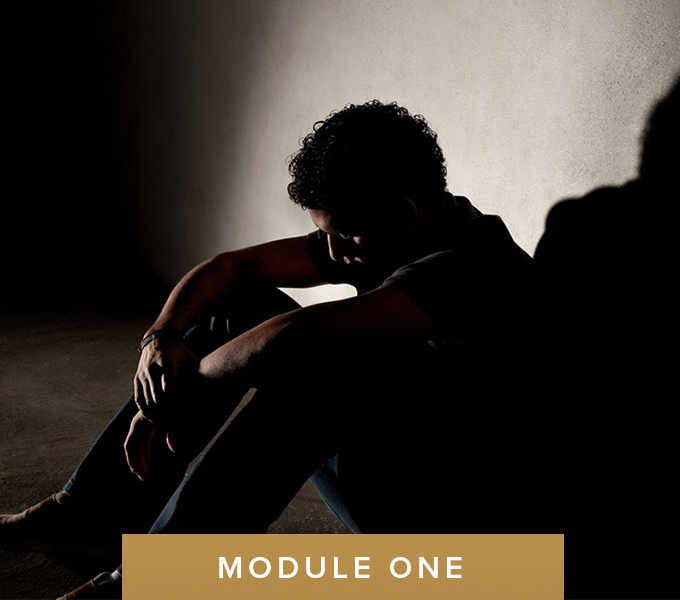
Facing The Trauma that Surrounds Us
Here you’ll anchor into a foundational understanding of trauma, explore its prevalence, and define the principles and practices of Trauma-Sensitive Mindfulness.
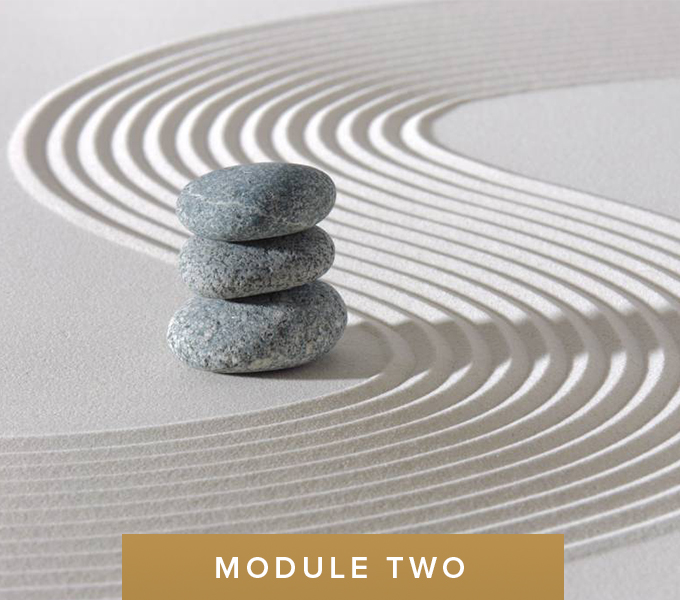
Exploring the Window of Tolerance and Why It Matters
In this module you’ll explore the Window of Tolerance—a fundamental tool for assessing whether you are helping or hindering trauma survivors.
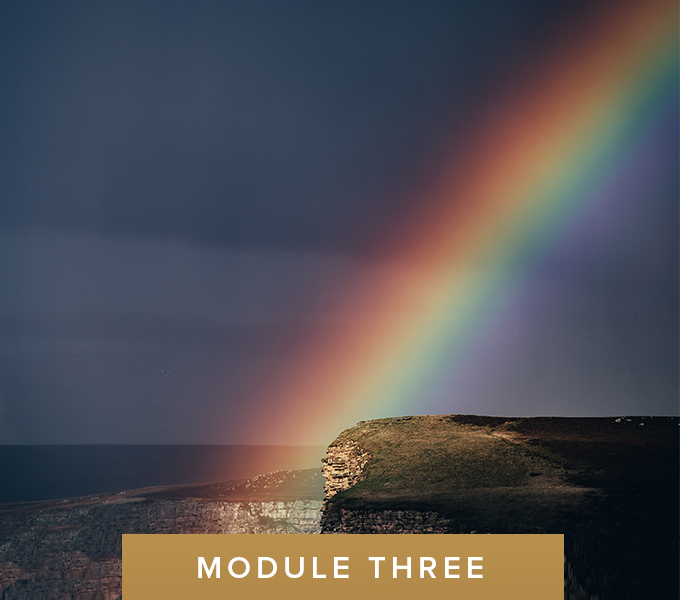
Understanding the Double-Edged Sword of Mindful Attention
Here you’ll focus on the double-edged sword of mindful attention and unpack skillful ways to shift and reorient attention during mindfulness practice.
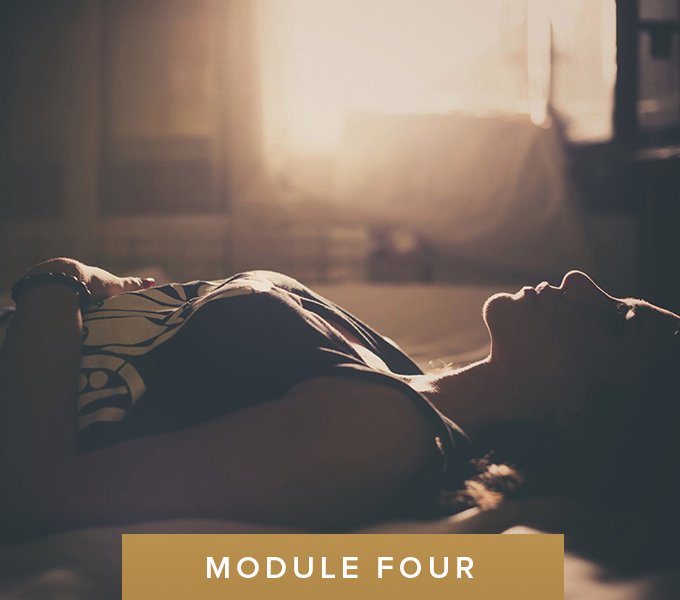
Keeping the Body in Mind
Here you’ll turn your attention towards the body, focusing on how it can become a minefield for trauma survivors, and specific tools and adaptations you can offer in practice.
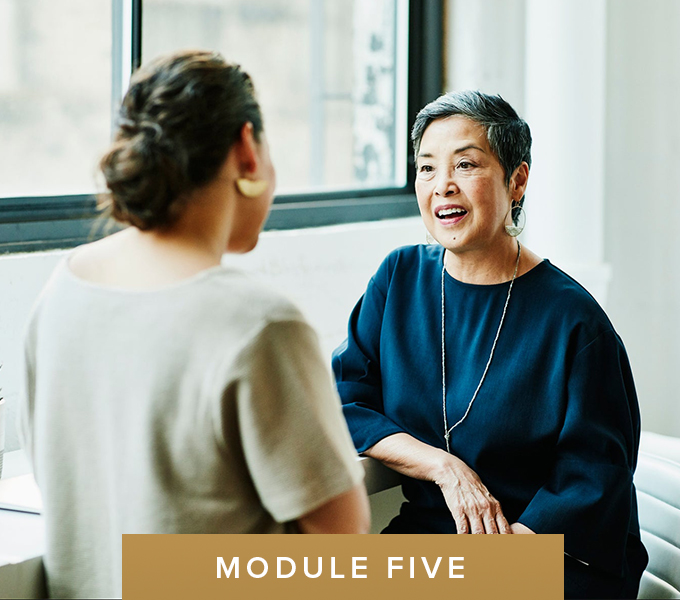
Leveraging the Power of Relationship
Here you’ll look at the connection between mindfulness meditation and the neurophysiology of belonging – including tools to help establish interpersonal safety and support mindfulness practice.

Working with Social Context
In this bonus workshop, you’ll explore the importance of understanding the social conditions that shape people’s experience of trauma, and how you can be an effective TSM practitioner in this domain.
After you complete Part One, you’ll be:
PART two
ADVANCED TRAUMA-SENSITIVE MINDFULNESS:
Widening the Window of Tolerance and Supporting Trauma Recovery
A COURSE FOR MINDFULNESS PRACTITIONERS

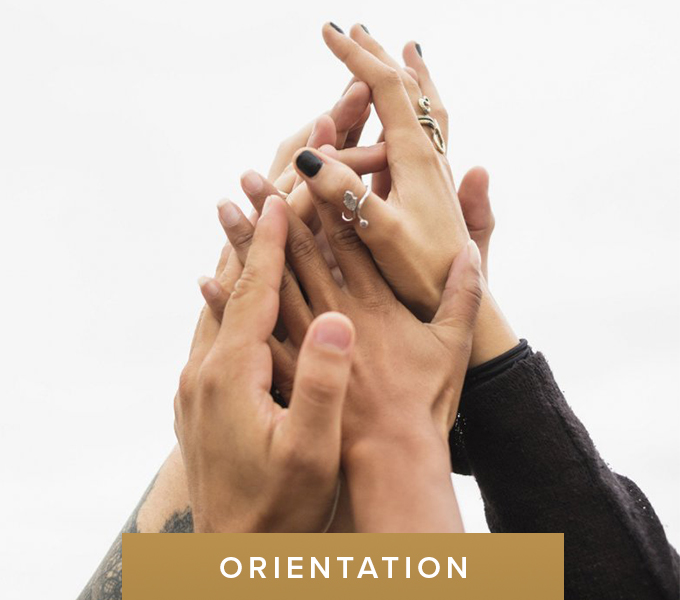
Meeting the Moment
In the Orientation, you’ll learn the three steps of widening the window of tolerance and how to get the most out of the course.
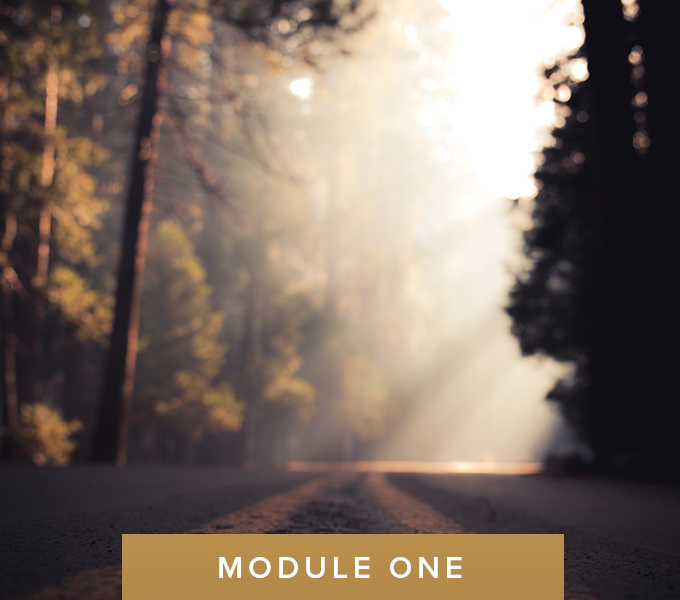
Mindful Gauges
In this session, you’ll learn about an essential tool of discernment that supports choice, agency, and, ultimately, trauma recovery.
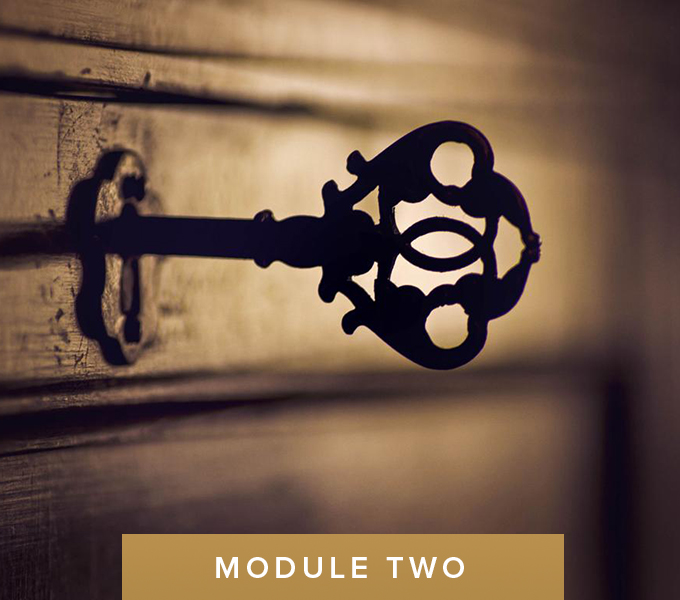
Generating Safety
In Module Two, you’ll learn a series of embodied mindfulness practices to support safety and self-regulation in mindfulness practice.
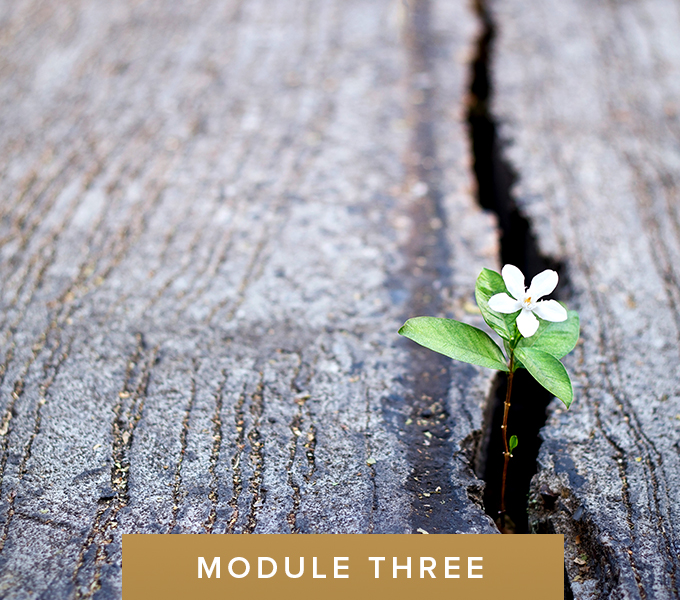
Trauma and Resilience
In Module Three, you’ll discover how resilience and resourcing practices support safety, self-regulation, and ultimately help widen the window of tolerance.

Trauma-Sensitive Body Scans
From cultural adaptations to best practices before, during, and after a body-scan, this comprehensive module provides advanced training in TSM body scans.
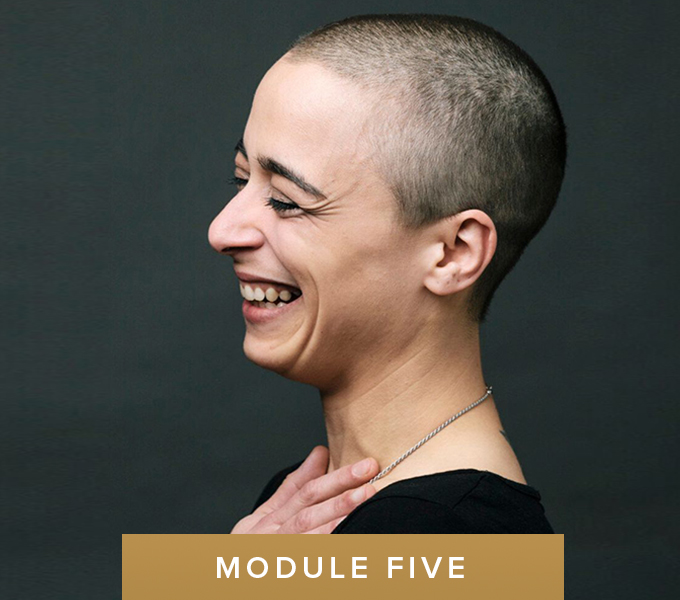
Mindful Self-Compassion
In Module Five, you’ll explore the power of mindful self-compassion in trauma-sensitive practice, including how to work skillfully with shame.
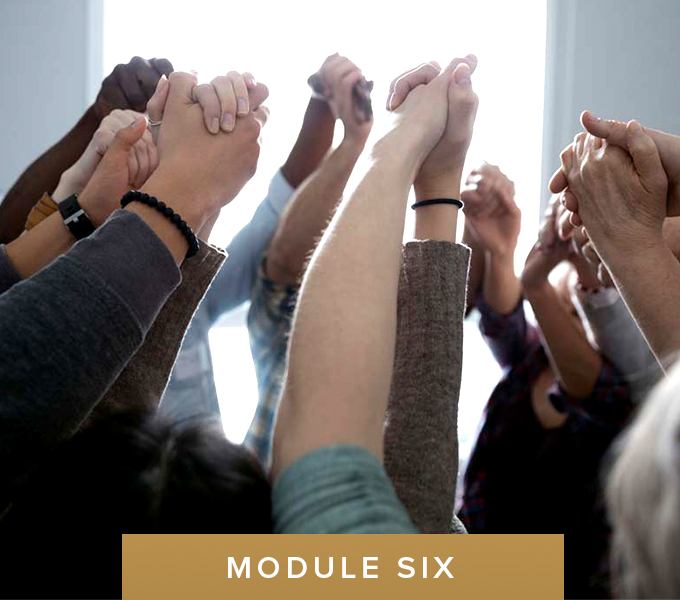
Truth, Reality, and Social Context
In Module Six, you’ll take a dive into how best to create belonging in the settings you work within—without disappearing dynamics of power and social context.
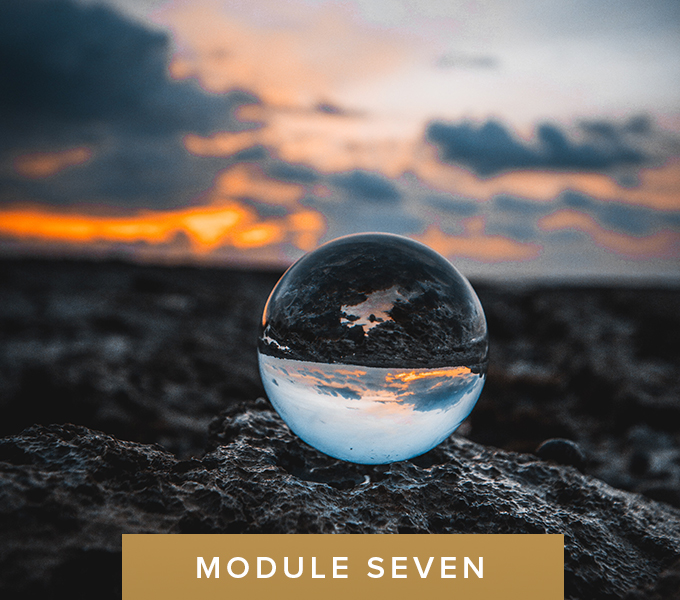
Cultivating Presence
In Module Seven, you’ll learn how the mindfulness practice known as RAIN (Recognize, Allow, Investigate, Nurture) helps cultivate presence and why this is so powerful in trauma recovery.

Towards Completion
In the Finale, you’ll review the new tools available to you within TSM and discover specific ways they complement one another as you take your learnings into the world.
What people are saying about The Complete Trauma- Sensitive Mindfulness Training:
“This was the single best course I’ve ever taken. The authenticity, integrity, and care of the delivery were unparalleled.”
—Lyssa Menard
Business Coach, Health Psychologist,
and Founder of Strategies for Change
“David’s work has been invaluable to students during my mindfulness classes to outpatient veterans. Introducing the principles of trauma-sensitive mindfulness beginning with the orientation session has made it easier for Vets with any trauma. “
—Rich Cohen
Certified Mindfulness-Based Stress Reduction Instructor
“I was especially struck by David’s presence and instruction. He truly embodies kindness, acceptance, flexibility, and curiosity. Without arrogance, he exudes confidence in his own truths and understandings of trauma and trauma treatment. “
—Judy Bernstein
Psychologist and Certified Mindfulness-Based Stress Reduction Instructor
“Everything about this training was more than I anticipated. I look forward to using this work with my counseling clients and in the wellness services provided for the community.”
—Johanna Travieso
Licensed Professional Counsellor
“A truly top notch and transformational training in every respect! A just-right balance between didactic and interactive/experiential learning. Loved the flow and variety of the sessions. The supplemental resources are brilliant, and very generous, exceeding expectations. I’ll be returning to them often.”
—Alison Purnell
National Health Service Counsellor (UK) and Mindfulness Teacher
“I am extremely grateful for having been a part of this training. It will forever change the way I teach meditation and mindfulness.”
—Jacqueline Piazza
Mindfulness Meditation Instructor

ORIENTATION

MODULE ONE

Module One Guest Faculty Session Features:
BABETTE ROTHSCHILD

MODULE TWO

Module Two Guest Faculty Session Features:
STACI K. HAINES

MODULE THREE

Module Three Guest Faculty Session Features:
RICK HANSON

MODULE FOUR
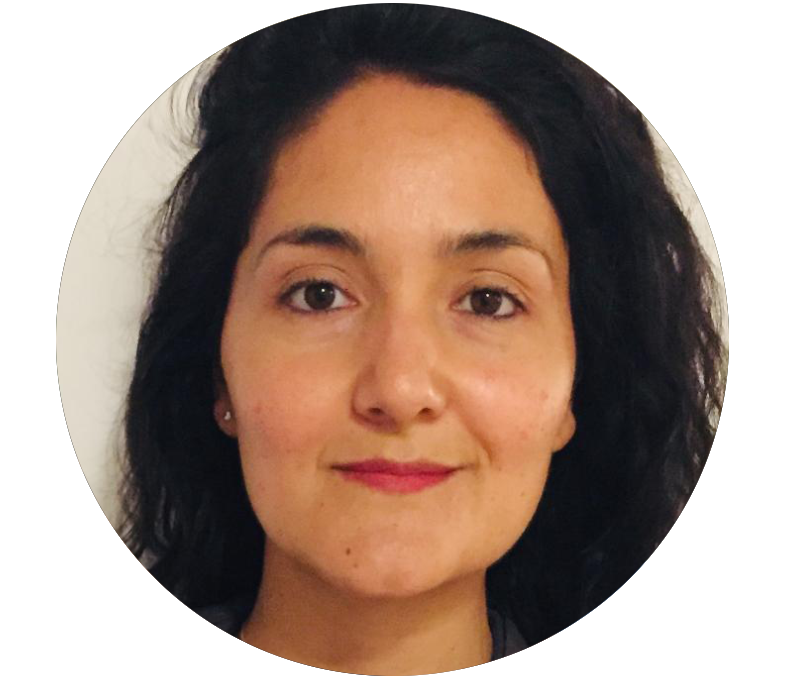
Module Four Guest Faculty Session Features:
PAULA RAMÍREZ DIAZGRANADOS

MODULE FIVE

Module Five Guest Faculty Session Features:
CHRISTOPHER GERMER

Module Five Guest Faculty Session Features:
SYDNEY SPEARS

MODULE SIX

Module Six Guest Faculty Session Features:
RHONDA MAGEE

MODULE SEVEN

Module Seven Guest Faculty Session Features:
TARA BRACH

FINALE
The Complete
Trauma-Sensitive Mindfulness Training:
A Two-Part Comprehensive Program for Mindfulness Practitioners
SAVE $450 WHEN YOU REGISTER BY MONDAY, SEPTEMBER 26TH AT MIDNIGHT PT
(USE PROMO CODE FINAL450)
TWO WAYS TO REGISTER:
Pay in Full Tuition
Regular Tuition
$1,397
1x Payment
PAYMENT PLAN TUITION
Regular Tuition
$723.50
2x Payment
100% Money-Back Satisfaction Guarantee
We’re so confident in the value The Complete Trauma-Sensitive Mindfulness Training delivers that we offer a full, no-questions asked, money-back guarantee if you decide you want to cancel your registration within 7 days of purchase. You can even keep any early-registration bonuses you receive — at no cost.
CONTINUING EDUCATION (CE) UNITS ARE AVAILABLE FOR THIS TRAINING
The Complete Trauma-Sensitive Mindfulness Training is proud to offer CE units through our CE partner for a wide variety of professions. The Introductory course offers a total of 6 CEUs and the Advanced course offers 14 CEUs. More information can be found below.
*LIMITED-TIME BONUS – JUST ADDED*
Register by Midnight PT on Monday, September 26th
to Access David’s Timely New Teaching Video
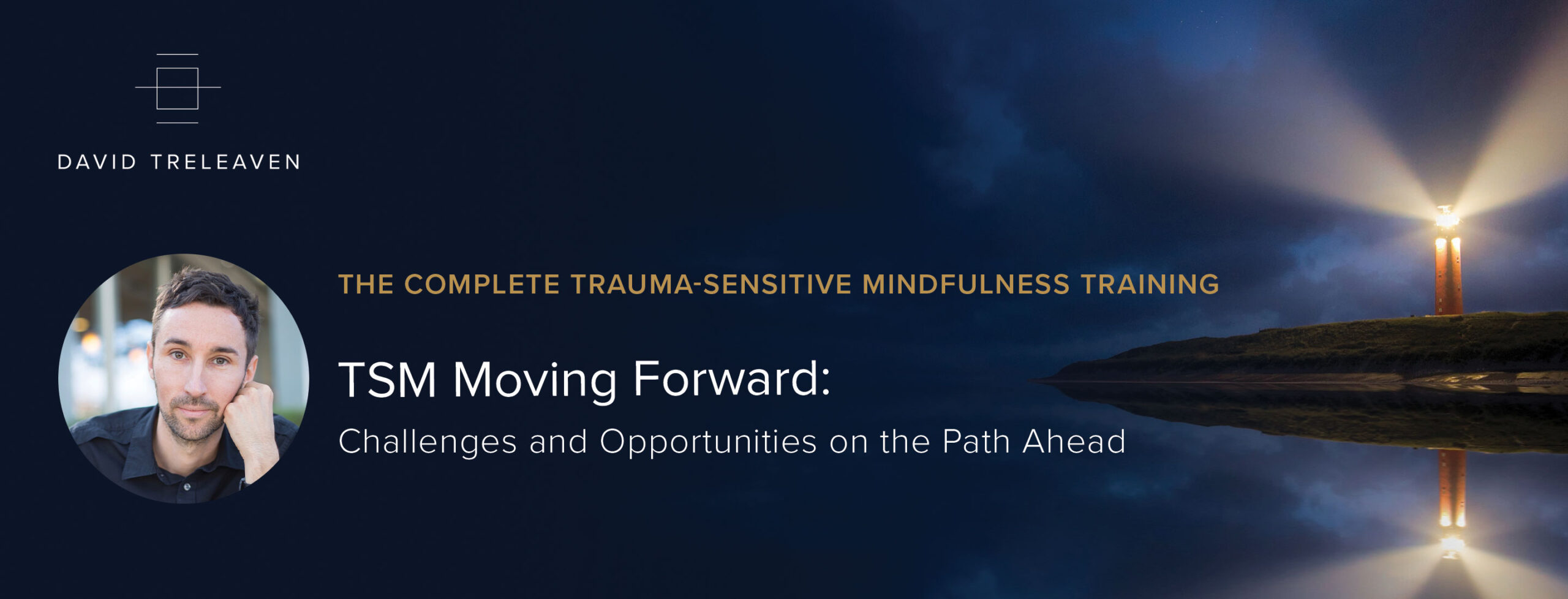
In this 40-minute session, David delves into two important and timely TSM-related concepts: moral injury and anti-fragility:
- Moral injury is the psychological aftermath that occurs in response to compromising one’s moral beliefs-something that many health-care workers and educators experienced during the global pandemic.
- Anti-fragility is an orientation of resilience in trauma-informed work, assuming that people can increase their capacity to thrive in the aftermath of traumatic events.
As the impacts of COVID-19 continue being revealed, it is important to be prepared to respond effectively to those needing support. Imagine a health-care worker who couldn’t allow family members to say goodbye to a loved one in the hospital, for instance: By enforcing a policy designed to protect the institution they were serving, workers were placed in an impossible moral quandary that created significant stress–and potentially trauma.
Many people who’ve experienced moral injury are now seeking support. Given that mindfulness programs have been shown to reduce stress and support trauma recovery, you can expect to encounter people who’ve suffered moral injury in your teaching and work.
Inside of this, it’s important to be able to relate to your students and clients from an orientation of anti-fragility–something David covers in this session.
Unlike fragile and breakable items, humans can grow through adversity. If we orient to people as fragile, we fundamentally disempower them. And while there’s a limit to how much stress people can tolerate (something you’ll learn about in The Complete TSM Training), you can develop strategies to amplify people’s strengths and help them grow through adversity in TSM.
In this new session, you’ll discover how moral injury and anti-fragility relate to TSM, and be offered an additional layer of support for your Complete TSM Training learning journey. Guided by David’s reflections, examples, and clinical experience, you’ll be prepared to respond effectively to the kinds of trauma you’re likely to encounter in this historical moment.
Simply register for The Complete Trauma-Sensitive Mindfulness Training by Monday, September 26th and you’ll receive access to this bonus teaching featuring David at no additional charge.
REGISTER BY MONDAY, SEPTEMBER 26TH AND SAVE $450 ON TUITION
(Use Promo Code FINAL450)
Pay in Full Tuition
Regular Tuition
$1,397
1x Payment
PAYMENT PLAN TUITION
Regular Tuition
$723.50
2x Payment
Is the Complete Trauma-Sensitive Mindfulness Training all pre-recorded materials?
Is this course intended for professional training or personal healing?
I understand this is not a trauma healing course, but I am a mindfulness practitioner who has experienced trauma. Is this course for me?
How long can I access the sessions online?
Is there a group discount available?
Do you offer scholarships for this program?
Will Continuing Education Units (CEUs) be offered for this course?
Here’s what leaders in the field are saying about David and Trauma-Sensitive Mindfulness:
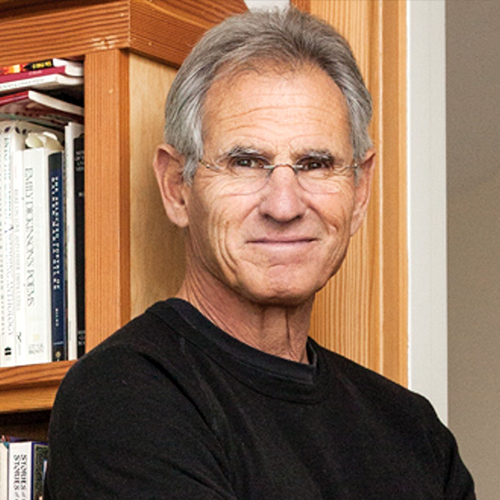
JON KABAT-ZINN, PhD
Founder, Mindfulness-Based Stress Reduction (MBSR)
“An essential ‘upgrade’ for anyone who thinks of her or himself as a mindfulness teacher, or is in training to become one.”

ZABIE YAMASAKI
Program Director of Trauma-Informed Yoga, UCLA
“Indispensable training for yoga and meditation teachers, as well as mental health professionals who are passionate about integrating mindfulness into their clinical practice.”

TARA BRACH, PhD
Author of Radical Acceptance and True Refuge
“Essential reading for meditation teachers, mental health practitioners and all those who have suffered from trauma and want to engage on a meditative path in a wise and healing way.”

SUSAN PIVER
NYT bestselling author of The Four Noble Truths of Love
“David Treleaven’s expertise is beyond valuable for students in our meditation instructor training programs—it is essential.”

ADRIENNE MAREE BROWN
NYT bestselling author of Pleasure Activism and Emergent Strategy
“An accessible and loving guide through the complex territory of trauma and healing.”

RICK HANSON, PhD
NYT bestselling author of Buddha's Brain and Hardwiring Happiness
“A rare combination of solid scholarship, clinically useful methods, and passionate advocacy for those who have suffered trauma.”

PRENTIS HEMPHILL
Former Healing Justice Director, Black Lives Matter
“We all deserve the kind of allyship and thoughtful practice this book calls us towards.”

REBECCA CRANE, PhD
Director, Centre for Mindfulness Research and Practice, Bangor University, UK
“David’s work on trauma-sensitive mindfulness is providing much needed clarity on this vital issue… his book is now on the essential reading list for our students!”

JESSICA MOREY
Executive Director, Inward Bound Mindfulness Education
“David is attuned, responsive, and masterful in his teaching and presentation of these vitally important skills. . . he embodies the kindness, sensitivity and presence that he guides us to hold as we bring mindfulness to wider audiences.”
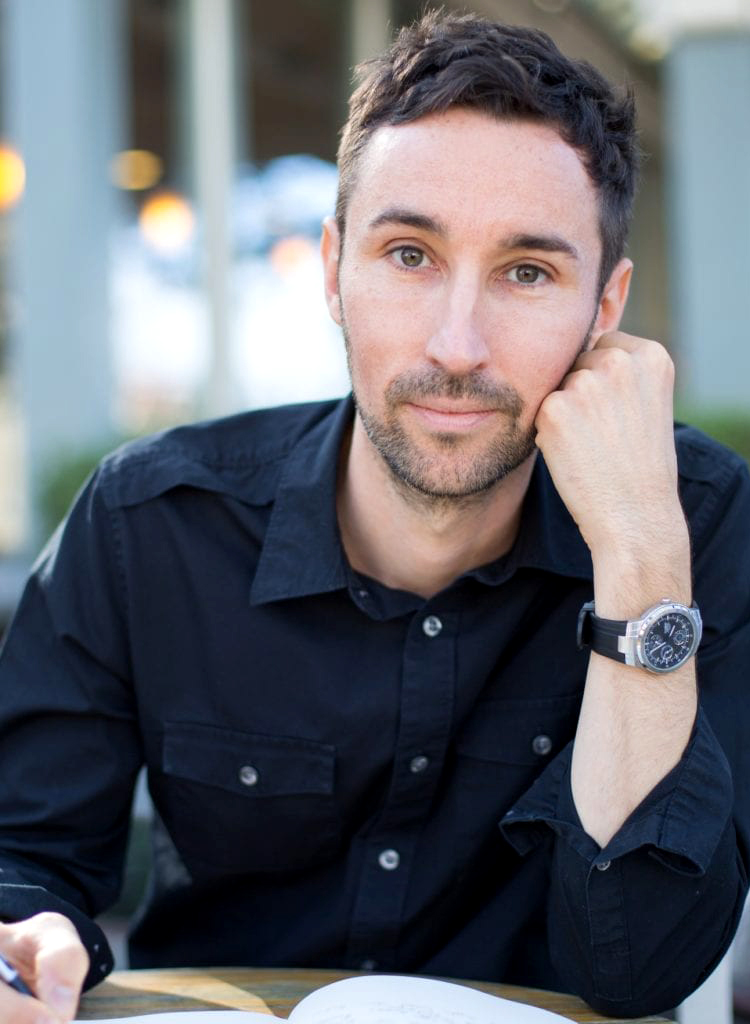
David Treleaven, PhD, is a writer, educator, and trauma professional working at the intersection of mindfulness and trauma. He is the author of the acclaimed book Trauma-Sensitive Mindfulness and founder of the Trauma-Sensitive Mindfulness (TSM) Community—a group of practitioners committed to setting a standard of care through mindfulness-based practices, interventions, and programs.
David focuses on offering mindfulness providers with the knowledge and tools they require to meet the needs of those struggling with trauma. Through workshops, keynotes, podcasts, and online education, he is closely engaged with current empirical research to inform best practices.
His work has been adopted into multiple mindfulness teacher training programs around the world, including UCLA’s Mindful Awareness Research Center, the Engaged Mindfulness Institute, and Bangor University’s MA in Mindfulness program in the UK.
